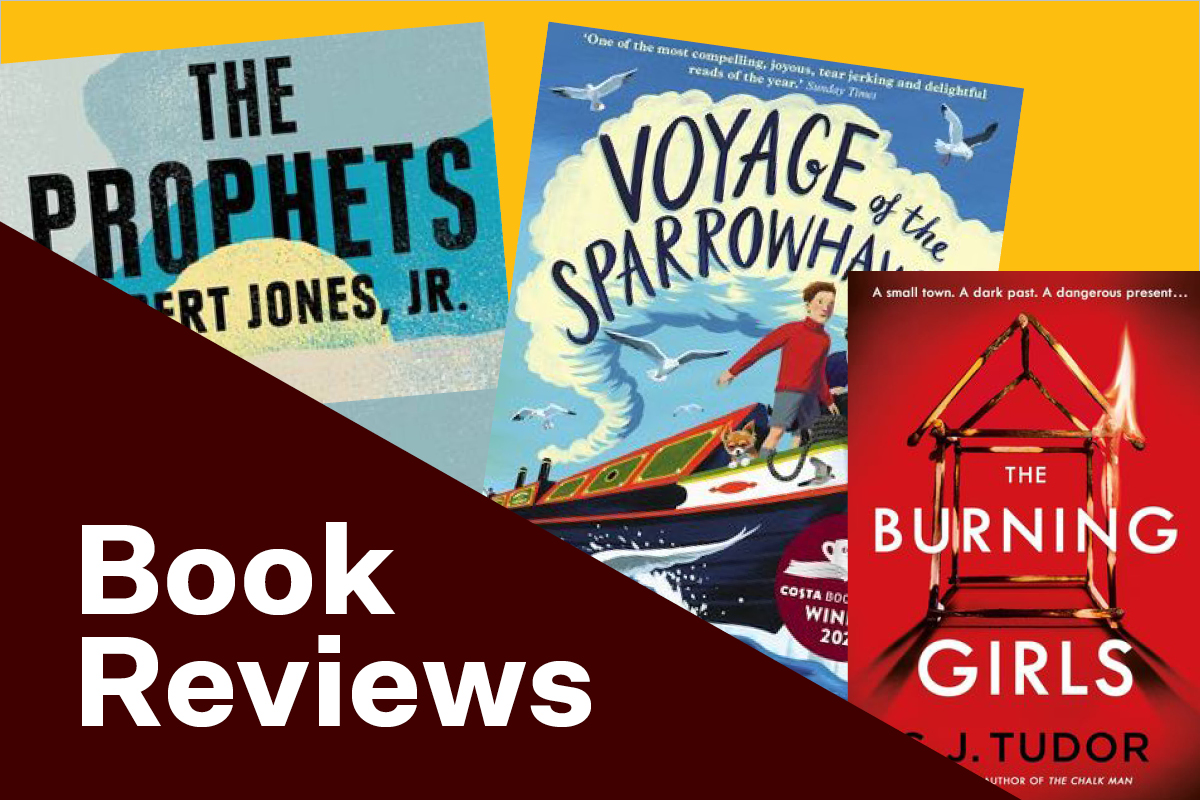There is a thing called literary snobbery. Does what you read have value? Do you confess your reading preferences to all or do you hide your copy of Twilight behind the cover of Wolf Hall?
I’m unsure as to whether or not I’m a book snob, but I confess to having irrational, stubborn opinions about certain authors or titles (I have never read Enid Blyton and I refuse to start now. You can keep your magic tree).
I am, however, an advocate for the rights of the reader: the right not to finish a book, to read and enjoy Toni Morrison just as much as James Patterson, to know all the words to Hairy Maclary.
Here are some things I’ve read recently with unashamed joy, and some reading habits I have that cause me no shame.
The right to skip bits
The Prophets by Robert Jones Jnr. is the heart wrenching, brutal tale of Isaiah and Sam, slaves on a Mississippi plantation and as devoted as a couple can be. The book explores not only their current situation but that of their ancestors, matriarchal societies that celebrated love in all its forms. Not only was the freedom of slaves stolen but powerful knowledge of old ways that should have been passed on to the generations to come.
There are mystical, lyrical chapters full of beauty and old, old magic … and I skipped quite a bit of this gorgeous stuff as I was desperate to know what was going on with gentle Isaiah and grumpy Sam once one of their own turned to Christianity and denounced their relationship. Gosh it was good. I’ll go back and read the gorgeous bits properly another day, once I’ve recovered from the power and inevitable violence of the story.
The right to read books intended for children
“A children’s story that can only be enjoyed by children is not a good children’s story in the slightest,” said C.S. Lewis, and he should know.
All adults would benefit from reading exciting, adventurous tales of derring-do and rule breaking. The Voyage of the Sparrowhawk by Natasha Farrant won the Costa Children’s Book Award 2020 and I’m not surprised. Here’s what it’s about:
Lotti is desperately trying to avoid being sent to boarding school by her awful Aunt and Uncle, has just ‘liberated’ a caged chihuahua and named him Federico and is missing her French grandmother whose letters have mysteriously stopped arriving. Ben’s adoptive father, Nathan, has died and his brother Sam is missing in France; unless Ben can find Sam he’ll be forced to leave his beloved Sparrowhawk, the narrow boat on which he lives, and return to the orphanage Nathan saved him from. All this is narrated in the two prologues (one for each child) and then Lotti and Ben meet, and the story really gets flying.
The children cook up an ambitious plan to get to where they need to be. Ben is cautious, a thinker, used to surviving under the radar. Lotti is loud, brave, unimpressed by obstacles or anything resembling caution. Tiny, bat-eared Federico is obsessed with hunting birds and Ben’s spaniel, Elsie, is as devoted to Ben as a dog could be. They’re a formidable team who laugh, cry, argue and escape together in a breathless whirlwind of a journey with not one single, solitary boring bit.
This book is squarely aimed at the 9–12 year readership, but read it whatever age you are. Also read anything by Katherine Rundell, Emma Carroll, Gareth Ward, Adele Broadbent, Neil Gaiman. And check out Adele’s website, whatbooknext.com for a billion reviews of excellent children’s books.
The right to hide behind your fingers in terror
I just read The Burning Girls by C.J. Tudor. I like this author because she’s from Nottingham and so am I and she writes truly hair-raising horror.
In this story, a vicar, Jack, moves to a quiet village in Sussex with daughter Flo, where, centuries ago, two protestant girls hiding in the chapel were betrayed and the chapel set alight. You guessed it, their unquiet spirits rampage around causing all sorts of mischief and Jack cops quite a bit of trouble.
The plot is tight and upfront about the horror movie clichés. When a character leaves a door unlocked, or goes out alone in the dark, they are keenly aware of their poor choices, making the reader conscious of a clue, a trail to follow in the narrative path that might be something or might be a red herring. Who can we trust? The previous vicar whose tenure ended suddenly and tragically? Flo’s new friend, troubled Wrigley? And then there’s the powerful Harper family, without whose patronage most of the village wouldn’t function.
Mystery, twists, clues, headless burning ghosts, and many dodgy characters.
So many books, so little time. Enjoy your reading, unreservedly and unashamedly.

